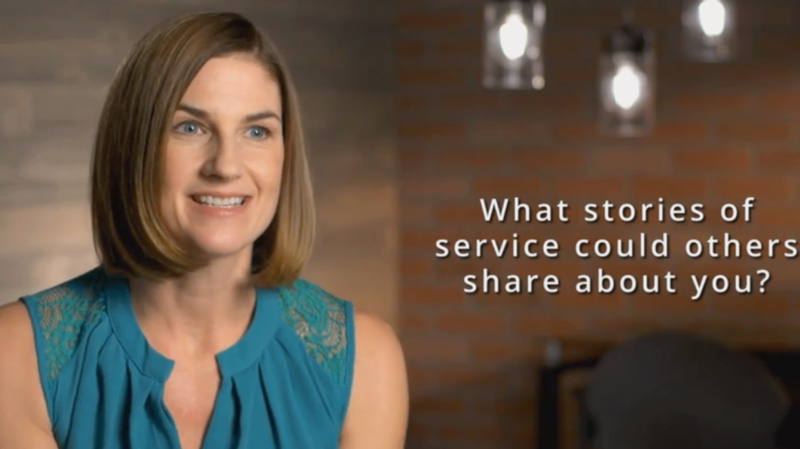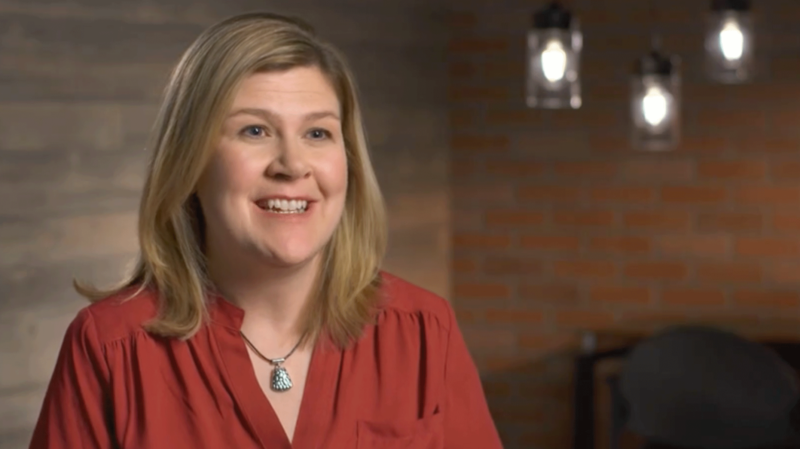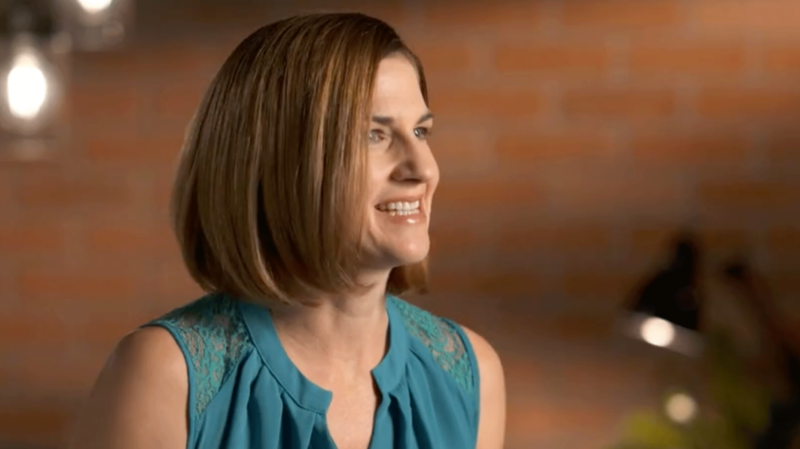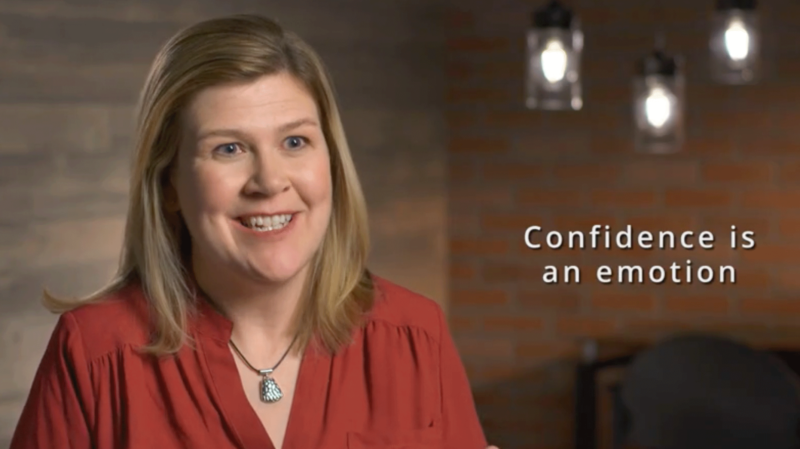Angie: When you think about the seven SPARK behaviors you have to understand that you can’t just do one and say ta-da, I’m a leader. They actually complement each other. I’m going to be talking about credibility, but I always like to position that with character. Think about when you trust someone. If you’re really influenced by them, they don’t just have good character. They’re not just that nice person who lives their values, they’re actually a pretty high performer too.
I think we’ve all worked with people who are good people but maybe their workplace performance is a little low. You like them a lot, but you might not go to them first with a question. Then maybe you’ve worked with other people who’ve had lower character, but they were high performers at all costs. You may go to them with questions, but you don’t really trust them because of their shady character. So, I like to think about character and credibility as going hand in hand. Have personal integrity but then really think about credibility in regard to the workplace performance that you demonstrate.
Sean: Credibility is so important for a leader. Leaders need to maintain a narrow say do gap – do what they say they’re going to do. Leaders need to seek out, understand, and meet the standards of others. Leaders need to communicate their own standards and expectations. Leaders also need to hold people accountable to standards and expectations. I think what’s interesting about credibility is that most of us think about standards that are important to us and we don’t realize that we’re really credible in someone else’s eyes.
When I was in the Air Force, I showed up at my first operational F-16 assignment and, not being wise to the ways of the military or the ways of the Air Force, I met our maintenance officer and really enjoyed hanging out with him. So, every once in a while, I’d go to the maintenance building and sit in his office and chat. He told me that I really should get to know the enlisted personnel because they’re the people who make things happen.
I remember being a little bit confused. Here was someone I respected telling me to do something and I really didn’t understand why. So, I took his advice. Up to that point, most of my interactions with maintenance had been out at the jet on the flight line right before I flew or when I turned the jet back over to maintenance after a sortie.
I started to go to the maintenance building and maybe try to catch someone in their office and just talk to them for a few minutes or watch some mechanics working on an airplane in the hangar or on the flight line. Since I, at that point, didn’t really know much about what they did, I just asked questions and tried to do a lot of listening. I learned so much from this. I learned about the maintenance folks, their needs, their aspirations, their hopes and dreams, their expectations, when they felt appreciated, when they felt neglected, and it really allowed me to go back and evaluate my role. And to think about how I could meet their expectations and work with them even better.
So much can be learned when you pick up what people’s standards and expectations are. It allows you to be able to work with them much better and be seen as credible in their eyes.







